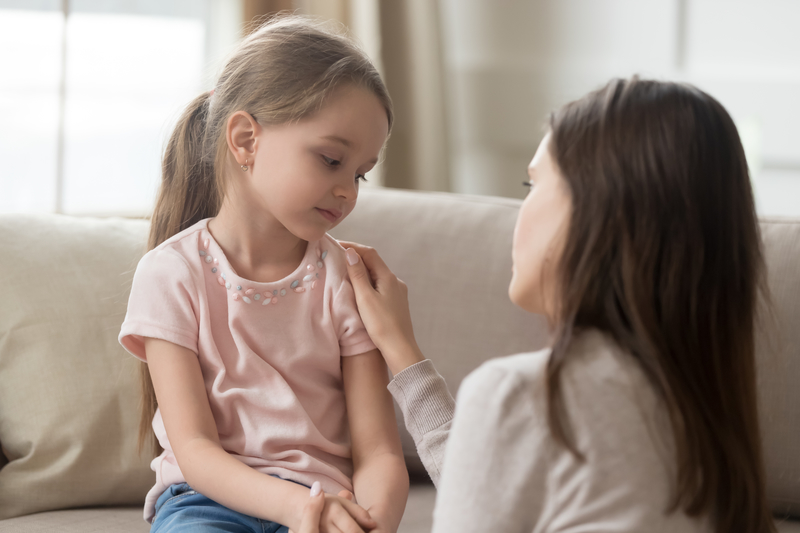Creating Safe Spaces: How Community Engagement Supports Children’s Mental Health

Promoting mental health and well-being is as essential to a child’s development as fostering their physical health. As parents, educators, and community members, we play an integral role in creating safe, nurturing environments where children can grow and thrive. Community engagement plays a significant role in supporting children’s mental health by providing a sense of belonging, enhancing social skills, and creating supportive networks. We will explore how active community involvement helps bolster children’s mental health and well-being.
Fostering a Sense of Belonging
Communities have a powerful ability to shape individuals’ identities and perspectives. For young people, being part of a community can foster a sense of belonging, crucial for their mental well-being. Engaging in community activities, like sports teams, clubs, or local events, allows young people to feel part of something larger than themselves. This connectedness can boost their self-esteem and contribute to a stronger sense of self-worth and identity.
Enhancing Social Skills and Emotional Intelligence
Community activities offer young people opportunities to interact with a wide range of people, helping them develop crucial social skills. Interacting with peers, mentors, and individuals from different backgrounds can enhance their ability to communicate, cooperate, and empathize with others. These experiences can nurture their emotional intelligence, improving their ability to understand and manage their own emotions and those of others – skills critical for mental health.
Providing Access to Supportive Networks
In a community setting, teens have access to a wider network of support beyond their immediate family. These networks can include teachers, mentors, coaches, and peers, all of whom can provide guidance, support, and positive reinforcement. A young person grappling with a problem may find it easier to confide in a trusted coach or mentor, making community networks a vital safety net in times of crisis.
Promoting Resilience and Empowerment
Community involvement can help young people develop resilience, a key factor in mental health. Participating in community projects, volunteering, or facing challenges in a team sport allows youth to experience both success and failure in safe environments. These experiences can teach valuable lessons about perseverance, problem-solving, and dealing with disappointment, enhancing their resilience and sense of empowerment.
Encouraging Healthy Lifestyles
Active community participation often involves physical activities, contributing to a healthier lifestyle. Physical health and mental health are deeply intertwined – regular physical activity can reduce symptoms of anxiety and depression and promote better mood and sleep.
Opportunities for Mentorship
Community involvement provides young people with opportunities to connect with positive role models and mentors. These relationships can significantly influence a child’s behavior and mindset, steering them towards positive decisions and reinforcing good habits, significantly impacting their mental health.
The adage “it takes a village to raise a child” holds a significant truth – young people’s mental health benefits greatly from supportive, engaged communities. By fostering a sense of belonging, building social skills, providing supportive networks, promoting resilience, and offering mentorship, community engagement plays a crucial role in nurturing our teen’s mental health. As parents, educators, and community members, our active involvement can help create safe spaces for young people to grow and thrive, supporting them in becoming well-rounded, mentally healthy adults.
Are you ready to open your heart to teens in need? Simply click here to learn how to become a mentor today!